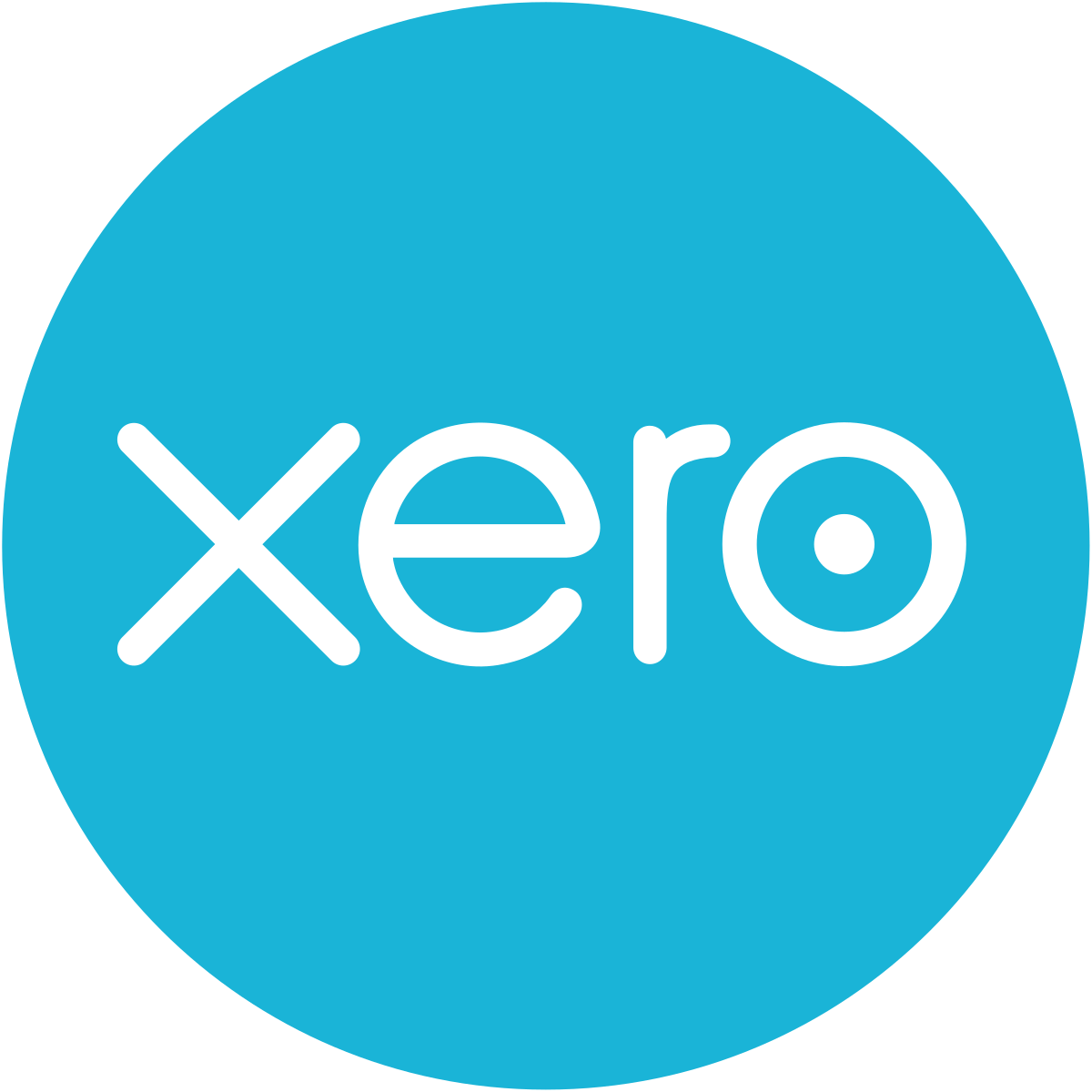Setting up your own ecommerce business is an exciting journey. Tapping into a broader market online gives you more freedom and flexibility without the drawback of renting premises.
Since 2020, there has been a meteoric rise in online sales, primarily due to the pandemic. The industry is expected to grow annually by 5.16% until 2025, so businesses can still make the most of moving into a digital marketplace.
But, before you try and capitalise on this opportunity, there are a few steps to follow. Here’s what you need to know about starting an ecommerce business.
First steps
The first thing you need to do is decide on what you will sell. You’ll want to make sure that your product is something people will actually buy. To do this, you’ll need to look at market trends and see what popular area you can dive into.
Study your potential competition. You should make notes on how much they’re charging for their service. To stay competitive, you need to be able to match their prices or beat them.
Once you’ve decided on your service and products, it’s time to start creating your business plan. In this document, you should include your market research and financial projections.
A strong business plan aims will lay the foundation of your business while attracting investors and lenders.
Make your plan as detailed as possible. For instance, when you finally get round to selling your products, are you going to ship them from home? Or use a fulfilment centre? Such early questions are worth considering before going any further in the process.
Establishing your business
Your next step should be to work on your domain name and logo. You ought to get this done before you set up online, as you’ll want a recognisable brand presence from the beginning. Once you have that sorted, you’ll need to build your website and make it as appealing as possible.
If you want to trade as a limited company, you’ll need to register with Companies House, the fees for which are minimal, but keep in mind that there will be some admin work involved.
Alternatively, you could trade as a sole trader, which you can do right away. However, unlike the owner of a limited company, you’ll be personally liable for your business’s debts and taxes.
Choosing the suitable sales channels for your ecommerce business is paramount to its success. By using your previous market research, you’ll be able to identify which platforms your target audience uses the most and market directly to them. Whether it’s eBay or Etsy, you’ll need to choose the platform that suits you.
It isn’t just the right channels you need to consider but the best-integrated accounting software to use.
Packages from Xero or QuickBooks are affordable, relatively straightforward and can link with your sales platform to provide you with real-time financial and sales reporting.
This will make it much easier to keep track of figures and inventory. You can also consider payment options such as PayPal, WorldPay or SagePay for your online systems.
Taxes
Whether you’re a limited company or sole trader, you’ll have tax obligations to meet – potentially including VAT.
All UK businesses must pay VAT if they have an annual turnover of £85,000 or more. Once you do that, you’ll need to file your VAT returns online with HMRC via Making Tax Digital-compatible software, such as Xero.
If you’re not making near the threshold for VAT, you’ll be glad to know that as of 2017, the Government allows a tax-free threshold of £1,000 for any ecommerce business. If you earn over this and operate as a sole trader, you’ll need to declare your taxable income on a self-assessment tax return.
If you work as a registered company, you’ll be required to submit a corporation tax annually and pay corporation tax on your profits. If you’re a sole trader, you’ll be liable for income tax, meaning a more profitable sole trader could end up paying more tax than their corporate counterpart.
As an ecommerce business owner, it’s important to know you’re getting things right, from your business plan to your tax strategy.
If you have any doubts or questions about setting up and running your business, the team at Glen C Rodger is happy to help. Get in touch to find out more.

